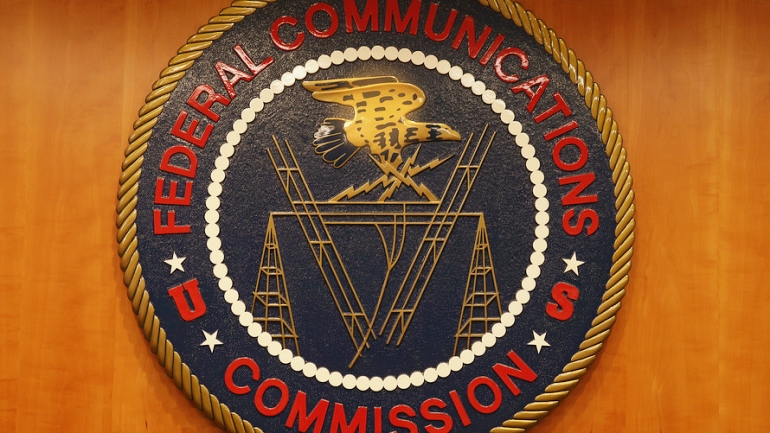Amazon, the multinational technology company, has received the approval from America‘s Federal Communications Commission (FCC) to deploy 3,236 internet satellites into low Earth orbit (LEO) and to provide the US with satellite-based broadband services. The project, named Kuiper, was first announced last spring with the intent to build a LEO satellite constellation that would have the potential to provide cost-effective broadband services to unserved and underserved communities around the world. A project of this magnitude requires a great amount of resources, therefore Amazon will invest more than $10 billion in the project. This investment will not only provide broadband services, but will also create workplaces and infrastructure around the United States. Dave Limp, senior VP at Amazon, commented: “There are still too many places where broadband access is unreliable or where it doesn’t exist at all. Kuiper will change that. Our $10 billion investment will create jobs and…
The Federal Communications Commission (FCC) has announced the adoption of new rules banning malicious caller ID spoofing of text messages and foreign robocalls. The new regulations will allow the US federal government to carry out enforcement action against foreign businesses involved in deliberate spoofing, thus closing “a loophole in the law that prevented the agency from pursuing scammers sending spoofed text messages and international fraudsters making spoofed calls to Americans.” According to the announcement, this resolution is the further implementation of amendments to the Truth in Caller ID Act of 2009 that “prohibits anyone from causing a caller ID service to knowingly transmit misleading or inaccurate caller ID information (“spoofing”) with the intent to defraud, cause harm, or wrongly obtain anything of value.” These rules have been put in place to counteract scammers operating in overseas call centers who often pretend to be calling from reliable companies. They use…
Robocalls and scam calls plague phone users, causing financial loss, identity theft, and emotional distress. These deceptive tactics exploit advancements in technology. Fortunately, individuals can fight back with call blocking apps, Do Not Call lists, and authentication technology. By working together, we can reduce the impact of robocalls and scam calls.
The move towards net neutrality took a noteworthy leap after a unanimous vote at the FCC session. This progressive policy asserts an equal playing field for all web content by banning ISPs from blocking or charging premiums for site delivery.
Lycamobile, a multinational MVNO hailing from London, is raising serious accusations against T-Mobile, their US network partner since 2012. They cite considerable hurdles in acquiring basic services like eSIM and access to T-Mobile’s 5G standalone architecture. Lycamobile’s stance escalates further; by urging regulatory bodies to halt T-Mobile’s looming acquisitions, they imply an uneven playing field. Meanwhile, T-Mobile, combating allegations of litigation as a diversion, asks that Lycamobile’s claims be dismissed.
The clock is ticking for the Federal Communications Commission’s Affordable Connectivity Program (ACP), offering qualified households valuable monthly internet discounts. However, with the fund balance dipping below $1.8 billion, the financial resources may only last until April. Several providers have presented strategies to maintain continuity, offering budget-friendly plans of as low as $10.
Telecommunications heavy hitter T-Mobile finds itself under scrutiny as fixed wireless service providers in Maine, New York, and Maryland report disruptions attributed to T-Mobile’s 5G operations. Bloosurf has appealed to the FCC, seeking a refrain on T-Mobile’s 5G functions where they intersect with its own services, stirring up a complex debate hinging on a 1977 FCC decision regarding interference.
Aculab, a leading provider of telecom solutions, has announced a significant enhancement to their telephony software, Prosody S, with the integration of AI-Powered Answering Machine Detection (AI-AMD). This cutting-edge feature aims to revolutionize corporate communications and streamline interactions with clients.
Dish Network’s financial struggles have intensified, leading to the likelihood of not completing a significant spectrum purchase from T-Mobile US. The satellite TV provider, aspiring to expand into mobile networks, disclosed its precarious financial situation, hinting at potential challenges in continuing operations.
Verizon’s laudable initiative, Verizon Innovative Learning, has achieved a milestone by bringing digital skills training to seven million students, aiming to address digital inclusion. Their ongoing efforts focus on underserved Title I schools, providing them with an integrated technology curriculum, advanced tech tools and free internet connectivity.













